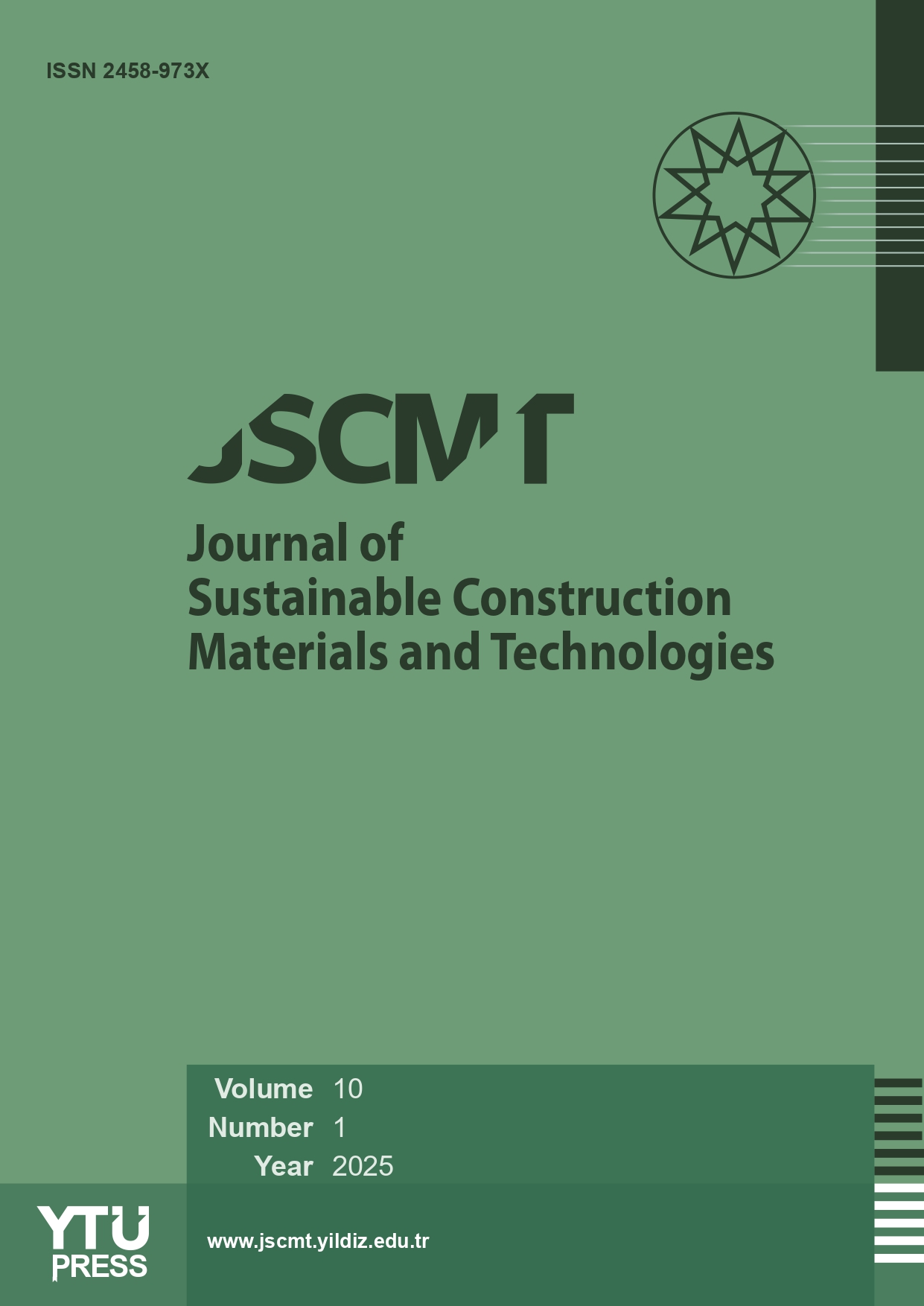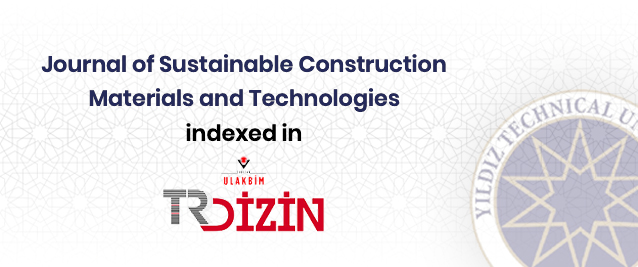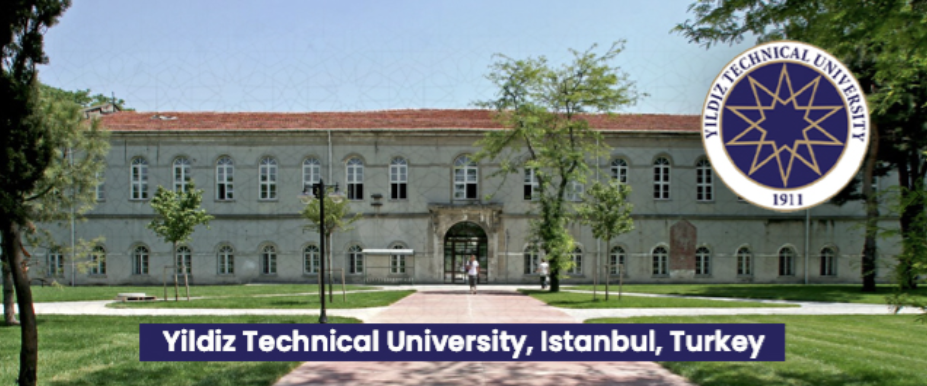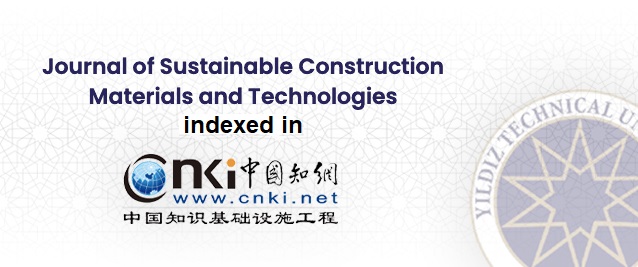2Department of Civil Engineering, University of Gondar, Gondar, Ethiopia
Abstract
Expansive soils cover a huge portion of the total land area in the world. They absorb water and expand, then shrink when they dry out. The volume change exerts pressure on engineering structures causing deformations, cracks, and movement of walls. This has a detrimental effect on serviceability and reduces the service life of structures constructed on expansive soil. Therefore, stabilizing expansive soil is important to lessen the negative characteristics of the soil and improve its general toughness and durability. This paper provides an overview of the methods of soil stabilization, stabilizing agents, testing of stabilized soil, and factors that have an impact on the durability of stabilized soil. The most common stabilizing agents which include lime and Ordinary Portland Cement (OPC) are studied. In addition, eco-friendly stabilizers like calcium chloride, sodium chloride, and modern stabilizers like geopolymers, zeolites, and nanomaterials are thoroughly discussed in the paper and potential areas for further research are also recommended. The study shows that the type and amount of stabilizer used, as well as the method of soil stabilization employed determines the extent of soil improvement.
















